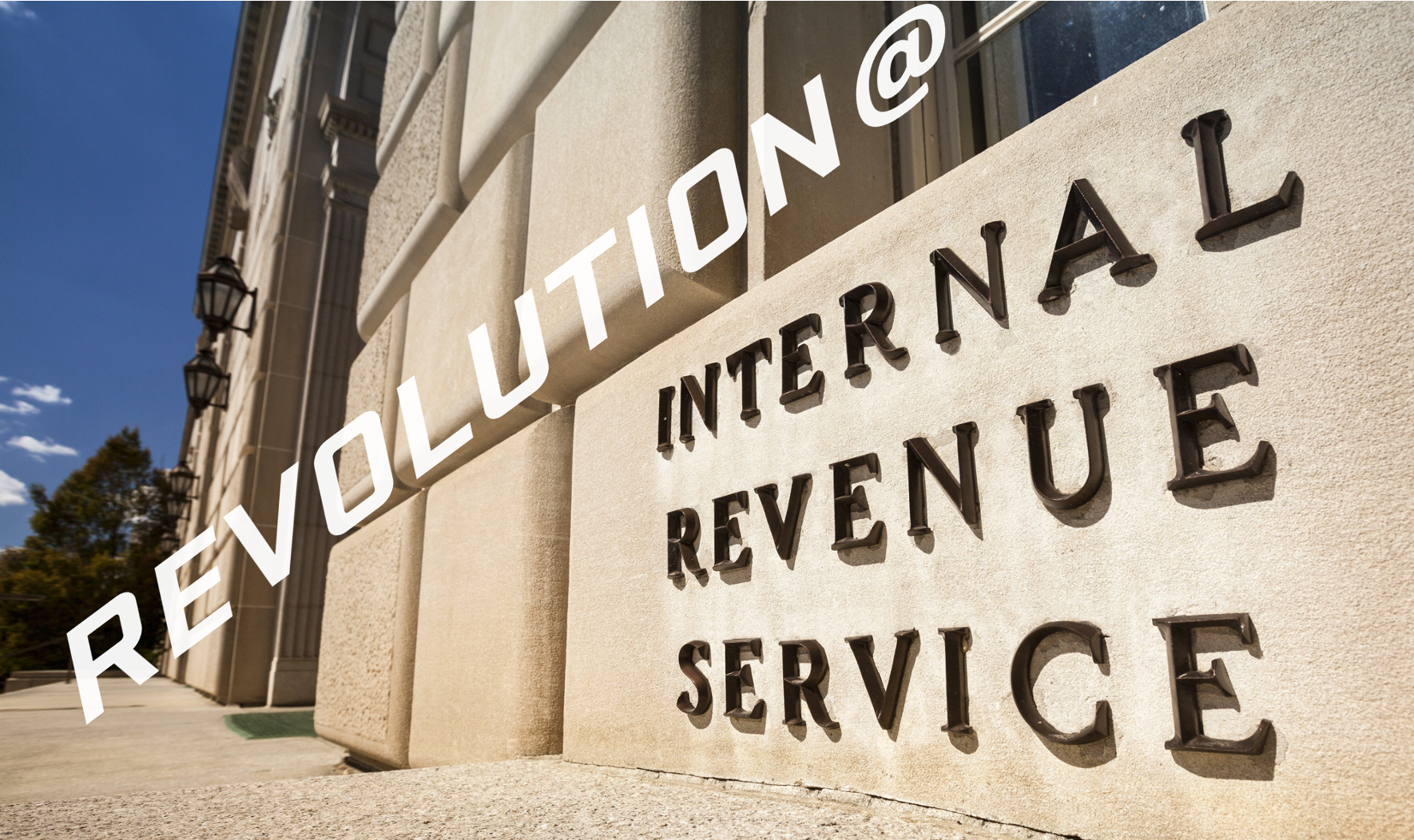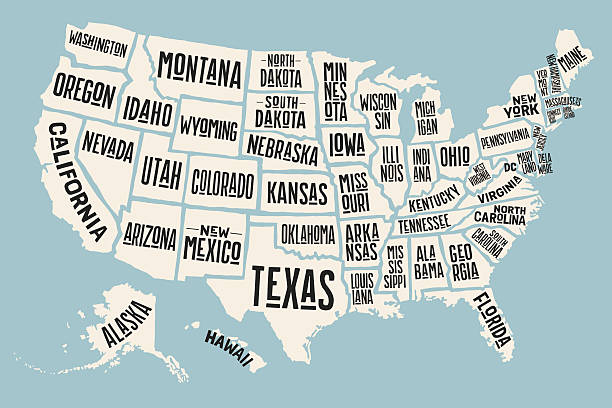Without much fanfare, a radical data science revolution is taking place inside the Internal Revenue Service [IRS]. And all corporate employers should take note — and take steps not to get caught out by it.
From 2010 to 2021, the IRS experienced budget cuts in real terms of 22%, leaving it with outdated technology and a shrinking workforce. No wonder the focus was on chasing simple lower income non-compliance en masse rather than digging deep into the much more complex tax returns and business structures of corporate employers.
Advanced new regtech [regulatory technology] changes all that. Starting now.
Major investment in data science has super-charged IRS auditing powers, and this move has been accompanied by a declared, on-going, and equally big shift of focus onto corporates.
DECLARED NEW FOCUS ON REGTECH & CORPORATES
The Inflation Reduction Act of 2022 funded what the IRS has called an “historic opportunity” to re-focus on both regtech and on hiring the “data scientists needed to pursue… large corporations.”
The accompanying IRS Strategic Operating Plan for TY 2023 through 2031 was an explicit manifesto for this regtech revolution “leveraging the capabilities of the new data platform” to implement intelligent and predictive “analytics-driven methodologies and data modeling… and to prioritize accordingly.” [Also see: Christopher Wood, Reuters, 01.09.2024.]
The plan goes on to state numerous times:
“We will increase our focus on… complex returns where audit rates are minimal today such as those related to large partnerships and corporations.”
Reports suggest the IRS is also “cracking down on tax preparers and promoters who actively encourage and execute abusive tax evasion schemes.” [Dan Gordon, PMP, 03.06.2024 ] Already in April 2023, IRS hiring and training had shifted very visibly toward the skill-sets for deploying these powerful new regtech tools in time to tackle TY 2023 returns. [See: David Rawder, “IRS to hire nearly 20,000 staff over two years with $80 billion in new funds,” Reuters, 04.10.23.]
REGTECH RISK MANAGEMENT FOR EMPLOYERS
In summary, advanced new regtech is transforming the power and cost-effectiveness of the IRS to identify errors, anomalies, and other “high-risk” noise in a company’s complex reporting, including cross-matching data from disparate reporting lanes, such as between ACA reporting and all the other data reported in, for example, a company’s FORM 5500 submission [deadline: July 31].
Fortunately, as a leading specialist in benefits admin and technology, BENEFITSCAPE has had both the expertise and robust data to develop our own intelligent regtech in support of the employer’s ACA reporting and compliance — in many respects a company’s most granular, complex, and therefore high-risk benefits tax filing.
BENEFITSCAPE ACA regtech not only runs specialist Flag & Fix diagnostics each month on client HCM data but also runs a full IRS filing simulation prior to the employer’s final ACA submission.
This same BENEFITSCAPE regtech can also be used to audit ACA submissions already filed to the IRS, flagging for timely remediation any of the errors, anomalies, or noise we know can not only trigger IRS penalties but also lead to closer company scrutiny.
_____________________________
If you would like BENEFITSCAPE to run specialist regtech diagnostics on your TY23 ACA submission or to support your ACA reporting & compliance for TY24, please do not hesitate to call us on +1 508-655-3307 or email info@benefitscape.com.
You can learn more about BENEFITSCAPE best-in-class ACA managed services and intelligent regtech here.



